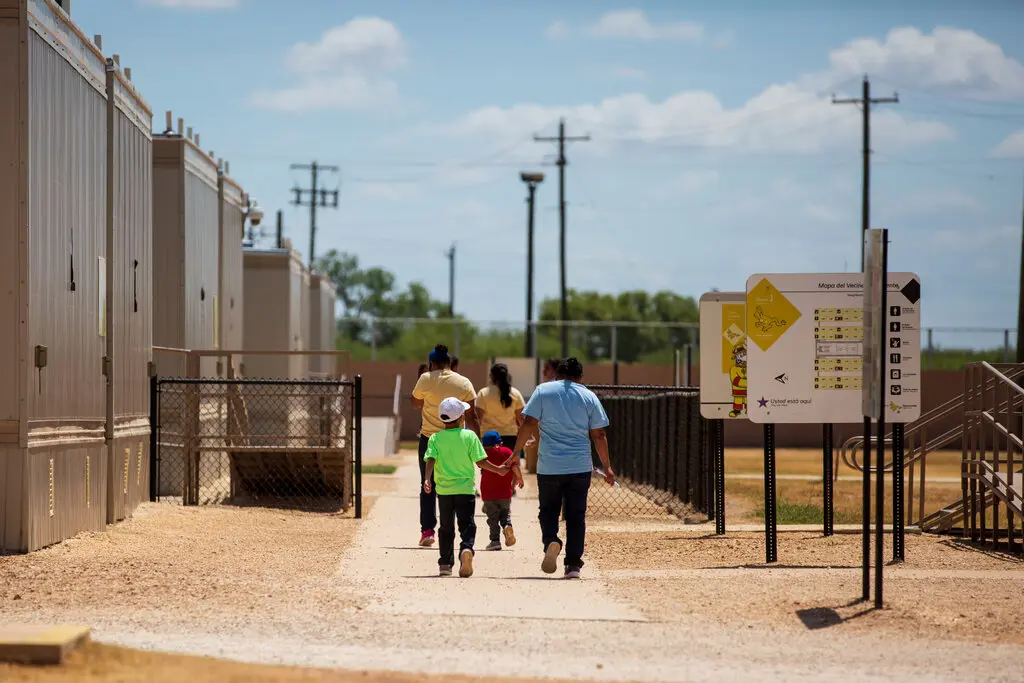The Trump administration has revived the controversial practice of detaining undocumented immigrant families, marking a return to an enforcement tactic that had been largely abandoned under the Biden administration. Immigration authorities in South Texas have begun detaining families at a facility in Karnes, with another site in Dilley being prepared to house thousands more. The move is part of President Trump’s broader crackdown on immigration, shifting focus from border enforcement to deportations within the U.S.
Family detention has long been debated, with critics arguing that confining young children causes psychological harm, while supporters claim it deters illegal immigration. The Trump administration had previously halted family separations after public outrage but is now reinstating detentions as a key strategy. The facilities, managed by private prison companies, have historically faced allegations of poor conditions, inadequate medical care, and human rights violations. Lawyers and advocates report that some families detained include individuals who have lived in the U.S. for years.
According to immigration lawyers, the facilities are holding families from various countries, including Venezuela, Brazil, Colombia, Iran, Romania, and Russia. A Venezuelan family with two children was recently detained in Karnes after living in the U.S. for nearly two years and attempting to migrate to Canada. Their lawyer condemned the prolonged detention of young children, calling it inhumane.
The Department of Homeland Security stated that families in detention will receive medical care and some education, similar to past practices. However, legal challenges over the detention of minors are expected. Trump administration officials have signaled their intent to challenge the longstanding Flores Settlement Agreement, which limits how long children can be held in detention.
Criticism of family detention spans multiple administrations. Former President Obama expanded the practice in 2014 in response to a surge in Central American families fleeing violence, while President Biden largely ended it in favor of alternative measures. Biden briefly considered reinstating the policy in 2023 but abandoned the idea after backlash. Now, with Trump back in office, immigration enforcement efforts have intensified, sparking renewed debates over the treatment of immigrant families in federal custody.

